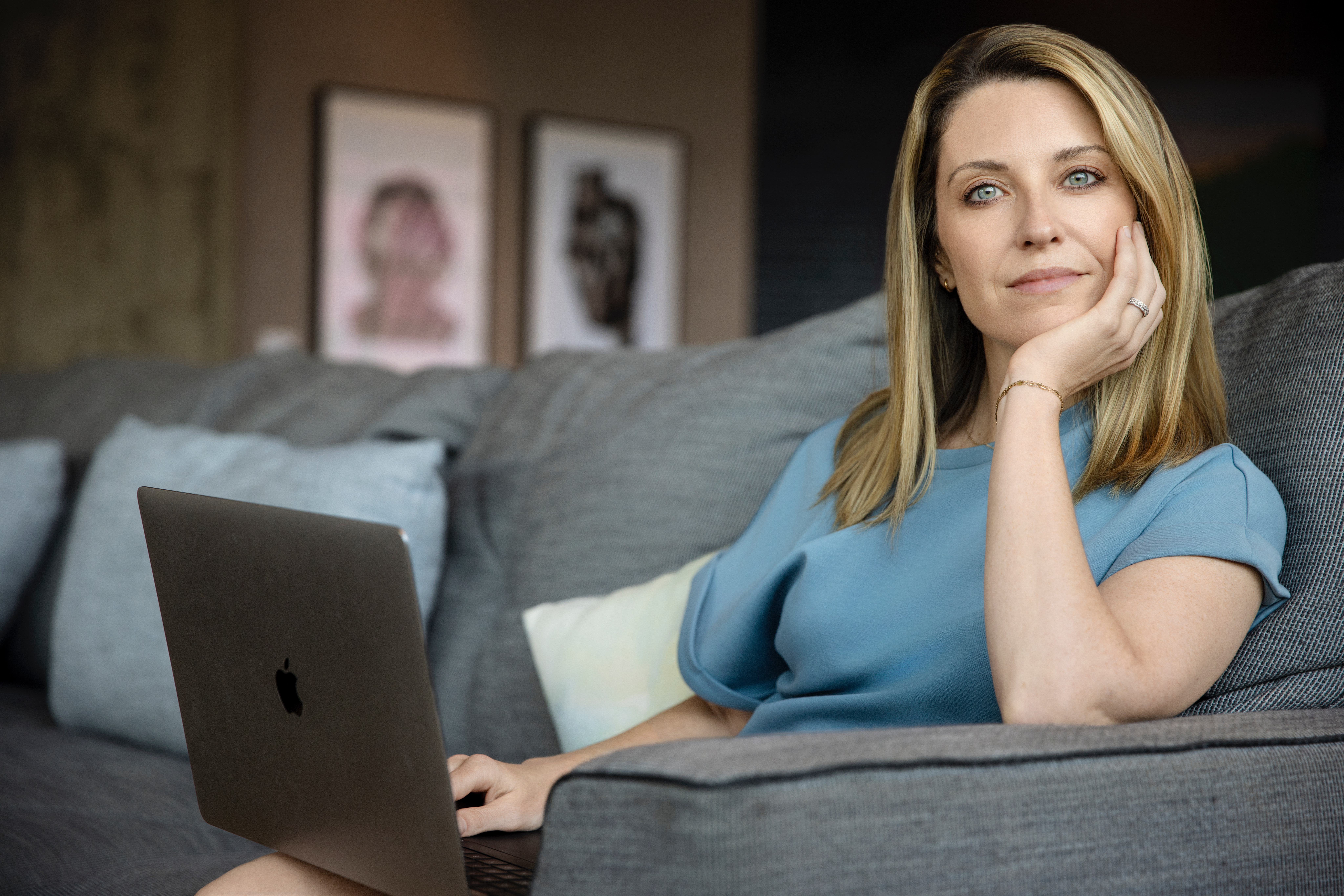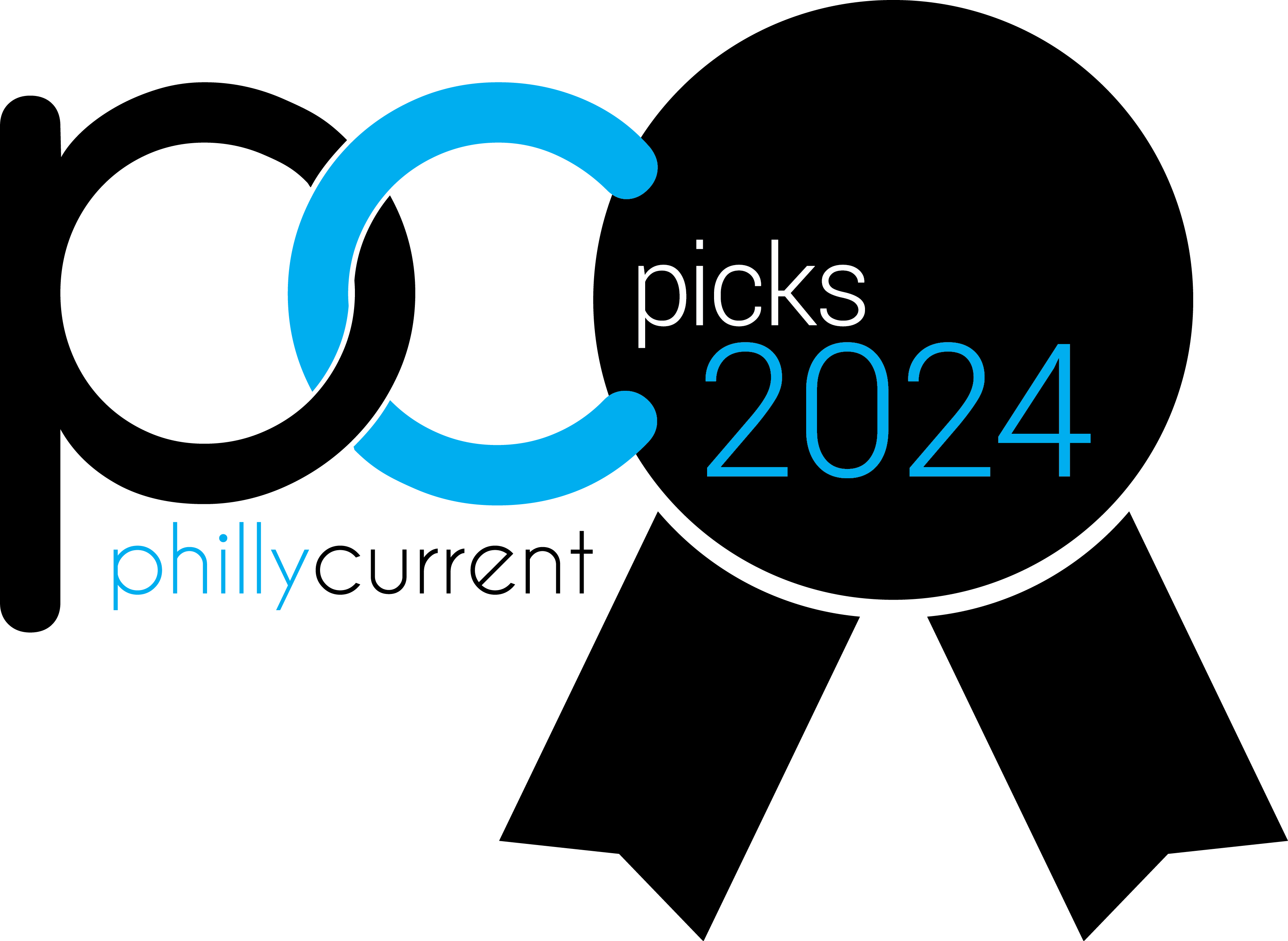What does it really mean to build a life you love? For Evan Kardon, it meant leaving the spotlight of an opera career and stepping into something deeper—creating a life rooted in joy, healing, and meaningful impact. In this honest and empowering interview, Evan shares her journey through depression, her relationship with ambition and self-worth, and how she’s rewriting the rules for leadership, confidence, and community. Her story is a powerful reminder that we are never stuck—and that true empowerment begins when we give ourselves permission to be seen, supported, and self-led.
A Journey from Depression to Daily Gratitude
What Does a Life You Love Look Like?
The word that comes to mind when I think about a life I love is balance. Ambition is a beautiful quality that I have, but I burn out quickly if I don’t pair it with joy and rest. Taking care of myself is just as important as showing up for my colleagues or clients in my therapy practice.
I also just want to be happy. I’m very open about the fact that I’ve dealt with depression. Now, I wake up every morning grateful — grateful that I’m happy today, that I have feelings, that I got out of bed. I’m proud of myself for the small things. And then I remember: I also opened a business. I did this, this, and that.
I remind myself of those wins often, because depression robs you of motivation. You feel lethargic, like doing anything is impossible. Now, so many of those things feel easy. That progress means everything to me. It’s wild to see the change.
I work with a lot of clients who struggle with anxiety or depression. I often liken it to being stuck in a dark cave. Eventually, you make yourself comfortable in that cave — but you can still see the light above. You think, I just want to be up there. And one day, you climb out. You just have to bet on yourself that it will happen. I did. And I remind myself of that every single day.
The Power of Reciprocal Relationships and Mentorship
How Has Community Supported You Thus Far in Your Journey?
I’m nothing without my community — whether it’s a mentor reminding me of my worth or friends reminding me of who I am outside of work. I need cheerleaders. And I get to be a cheerleader for them too. That mutual support is everything.
I used to have very one-sided friendships. Now, my relationships feel equitable. My people are curious, thoughtful, and care deeply about what I’m doing, just as I care about them. I learn something new every day from someone in my circle.
I also have a strong family support system. They supported me through opera and through my career pivot. To a lot of people, I was “Evan the Opera Singer.” That was my identity and something I’d worked so hard for, but it was no longer serving me. It was hard to accept that, or for others to understand why I would “give up.” It was cool to have a friend or child who sang Opera. So, the transition wasn’t easy, for them or for me, but no one made me feel bad about it. They were like, You do you. That support meant everything.
Daily Gratitude, Mental Health Rituals, and Theater as Therapy
What Are The Habits That Help You Show Up and Lead?
You can’t be selfless unless you’re selfish. If you don’t take care of yourself, you can’t take care of others. The word “selfish” gets a bad rap but it shouldn’t.
I start every day with some form of gratitude. It’s a habit. I wake up and ask, What am I grateful for today? It grounds me.
I also exercise even though I hate it because it helps my mental health. I’m a huge theater nerd, so going to concerts, musicals, or anything live fuels me. Teddy Swims on Sunday? Obsessed.
I’m a naturally vulnerable person, and that’s a strength. If I feel like crying, I usually don’t hold it in. I also do regular introspection and check-ins with myself. For a long time, I was phoning it in. Now I ask, How am I feeling in this situation? How can I regulate my anxiety better?
People think I’m super relaxed which I am, when I’m comfortable. But I’m a highly anxious person who’s learned how to manage it.
Permission to Fail, Be Vulnerable, and Trust Yourself
What Do You Think Helps Women Lead with Confidence?
For me, the key was learning to trust myself and be compassionate with myself. I’m going to make mistakes. I’m going to fail. That’s okay.
Giving myself allowance to fail, to show up how I show up, to be vulnerable was everything. If I’m not confident, that’s okay too. I don’t pretend to know what I don’t know. That’s especially important as a therapist. If something’s outside my scope, I refer. I don’t think every therapist does that.
I’m very confident in what I do know. And I think that’s enough.
Also, curiosity is power. Shutting down your self-talk loop or tuning out society’s messages, that’s the real growth work. It’s not serving you otherwise.
Letting Go of the Caretaker Script and Embracing Self-Love
What’s a Rule You’d Rewrite for Women?
The idea that we have to take care of everyone else.
We’re natural-born caretakers, but that doesn’t mean we have to put everyone’s needs above our own. We don’t need to put the oxygen mask on everyone else before ourselves.
We’re told not to do that, yet we do it anyway because we’ve been conditioned to.
Another one: You’re allowed to like yourself. That’s not prideful. That’s healthy. You are who you are for a reason. You might not love everything about yourself, but you’re allowed to like yourself holistically and show up authentically even if others disapprove. That’s okay too.
Allowance keeps coming up. Give yourself permission to show up as you are. Maybe your kid was up all night. Maybe you fought with someone. You still showed up and that has to be enough.
Changing Careers, Empowering Clinicians, and Leading with Authenticity
What Legacy Do You Hope to Leave?
In a way, I’m living my mother’s legacy. She was a woman in business when few women were. I had that modeling early, and I’ve carried it with me. The apple didn’t fall far.
For the clinicians I work with, or for anyone pivoting their career or wanting to lead: you can. You’re capable. Yes, it’s scary. Yes, there’s self-doubt. But if you can turn the volume down on that, you can focus on what matters to you and let that guide you.
Everyone at my practice runs their own business, and I cheer them on because they’re good at it. My legacy is this: you can change careers and be happier. You are never stuck even if what you’re leaving behind once defined you.
Also, confidence matters. Actual confidence, not feigned. Ask yourself: Do I really feel this way, or am I just performing what I think I’m supposed to feel?
Women are the most capable people I know. We’re resilient, intelligent, and we’ve had to push against so much more. Our threshold for pain, emotional, mental, physical, is higher than most. I respect the hell out of women — for the way we carry so much and still show up to rewrite the rules as we build something lasting, together.
The Empowerment Collective was born out of Evan Kardon’s personal journey—from a life on stage as an opera singer to a deeper calling to help others find their own voice. Though she was heard by many, Evan realized her voice wasn’t truly empowered, and the instability of her career left her feeling unanchored. Evan shifted paths to a career that supports others in their healing and self-discovery, creating a space where both clients and clinicians thrive. At the Collective, therapists are their own bosses with their own businesses, free to do their best, most meaningful work.





